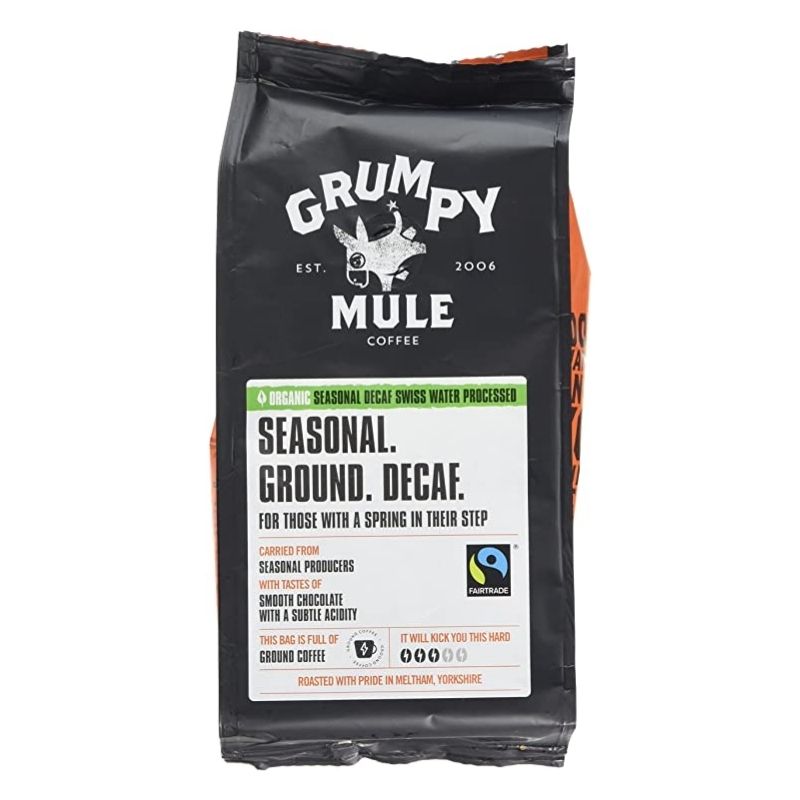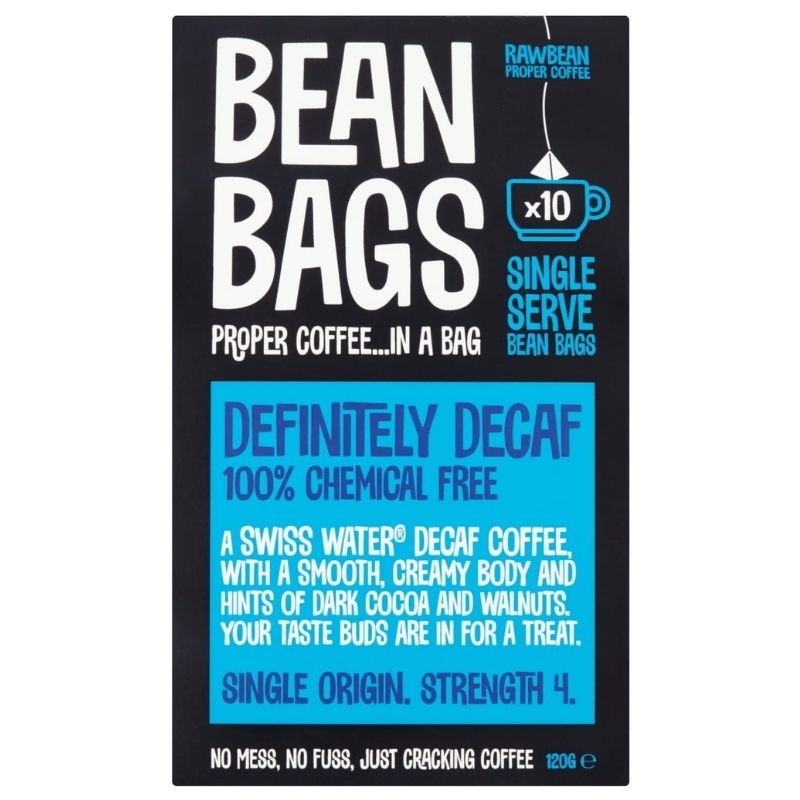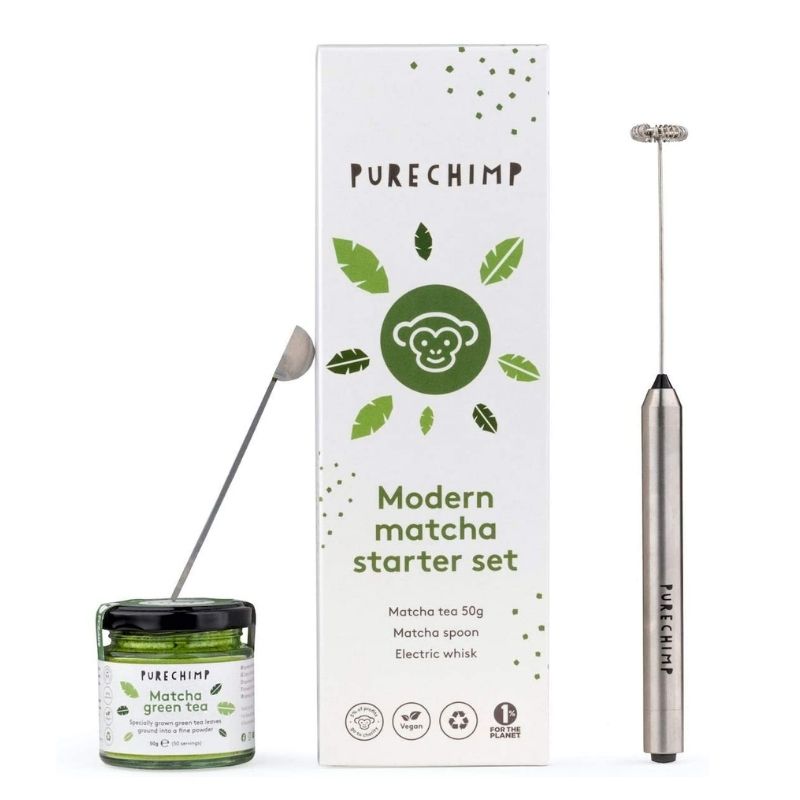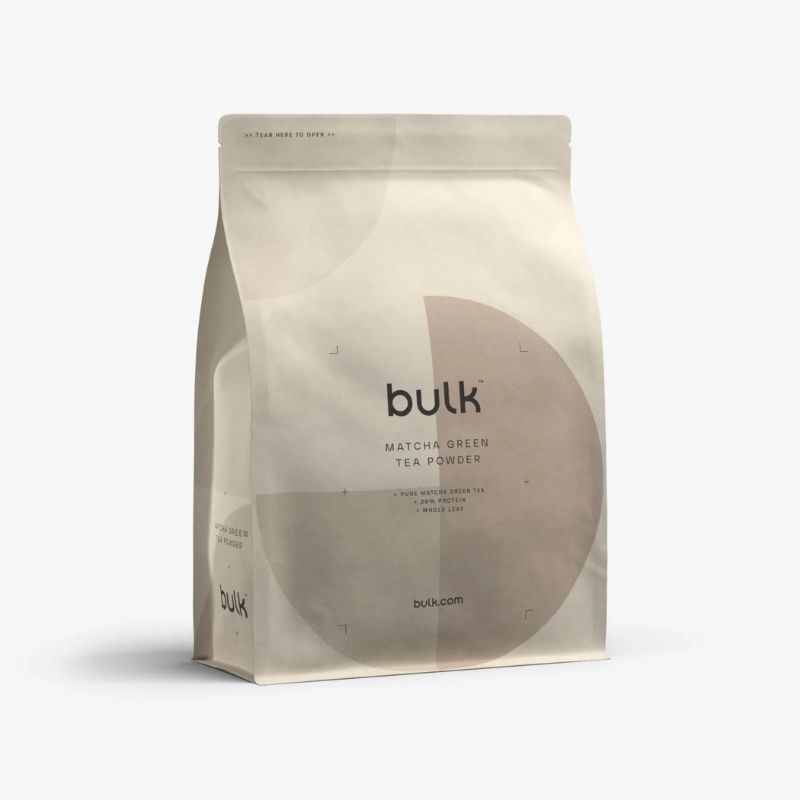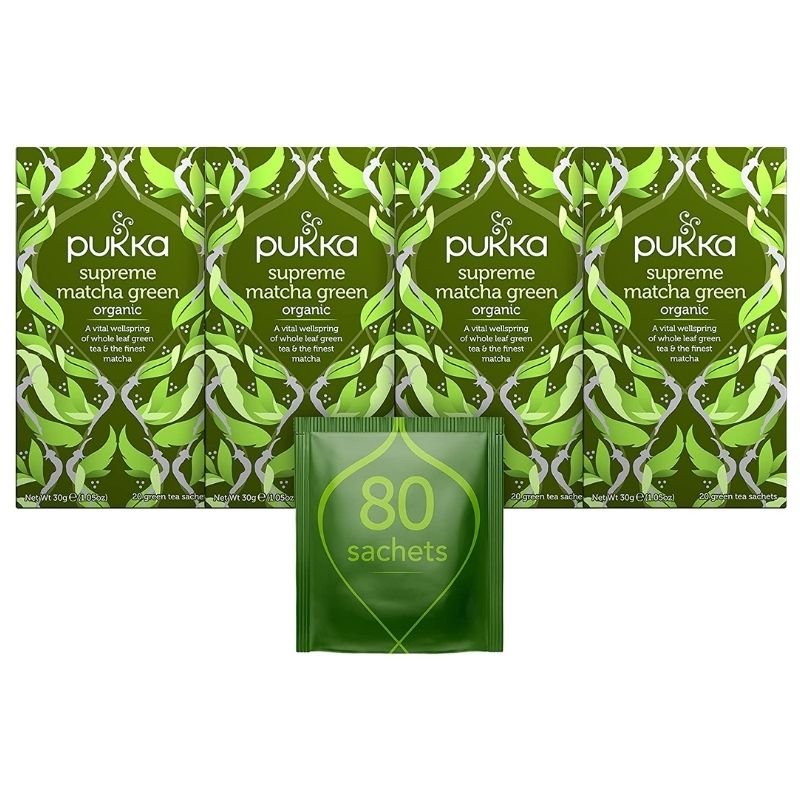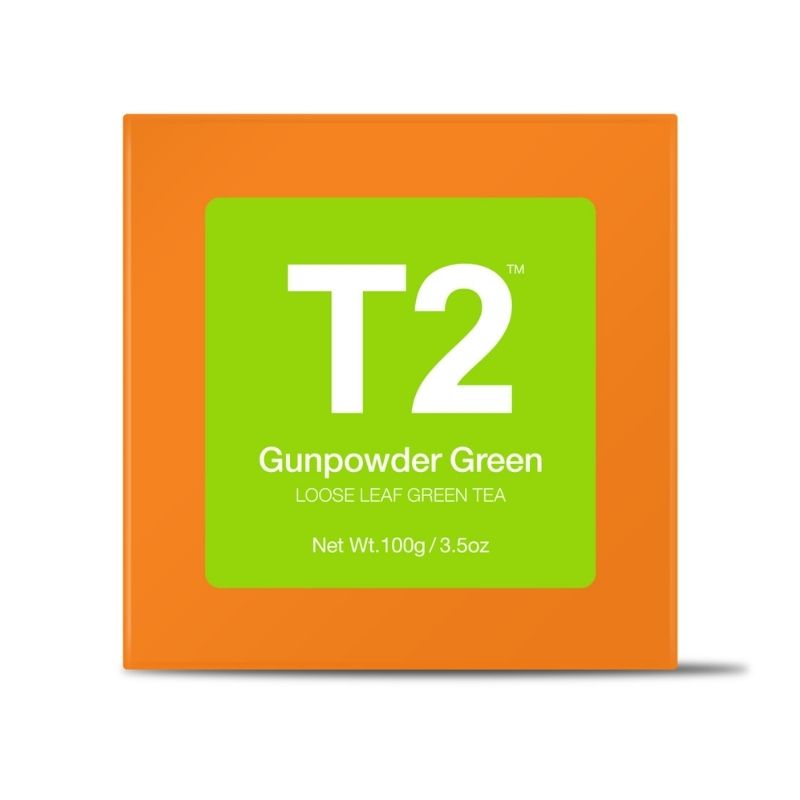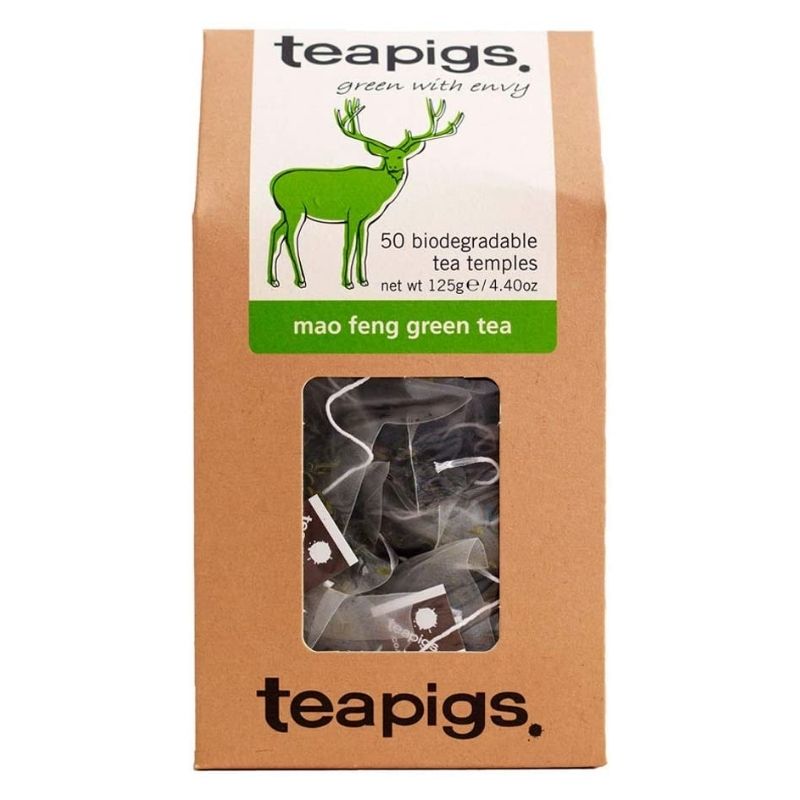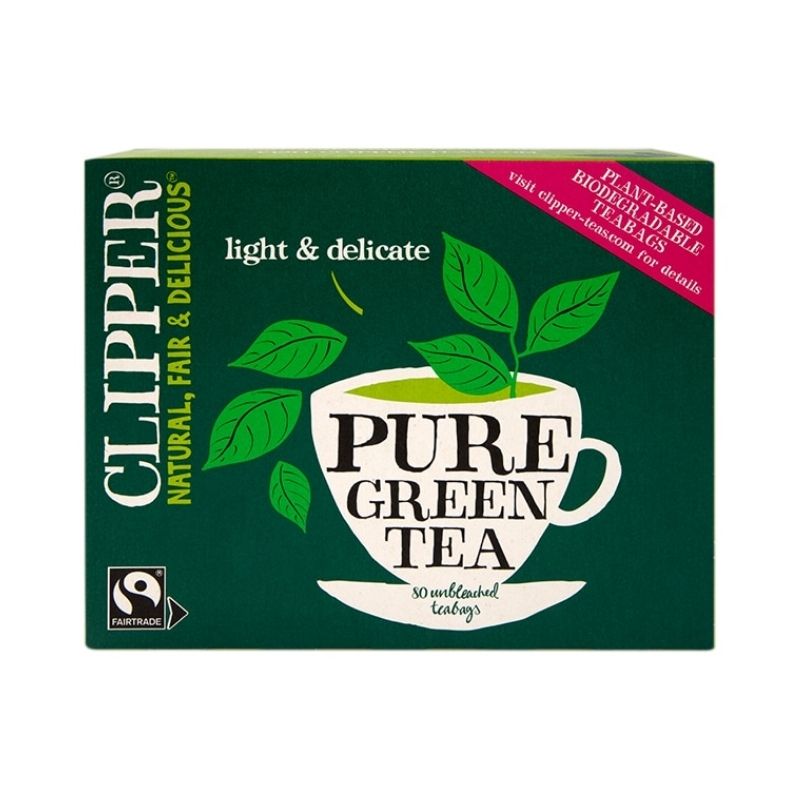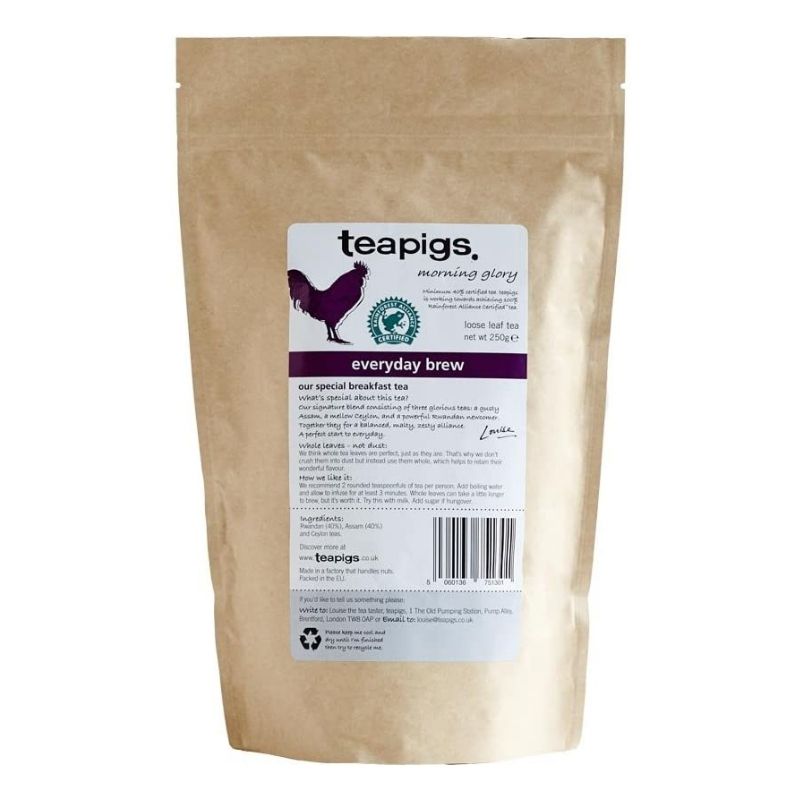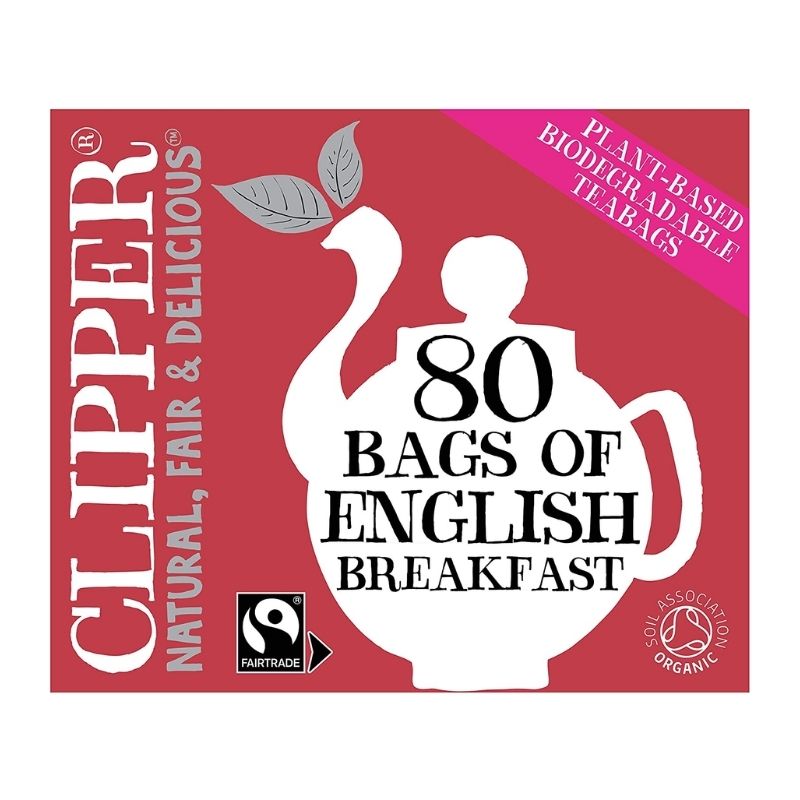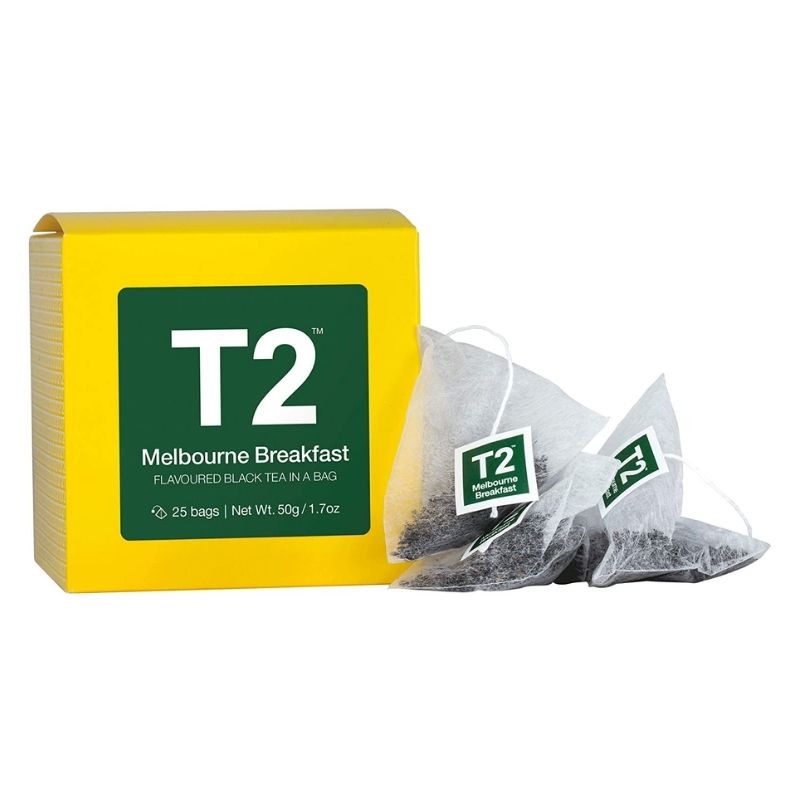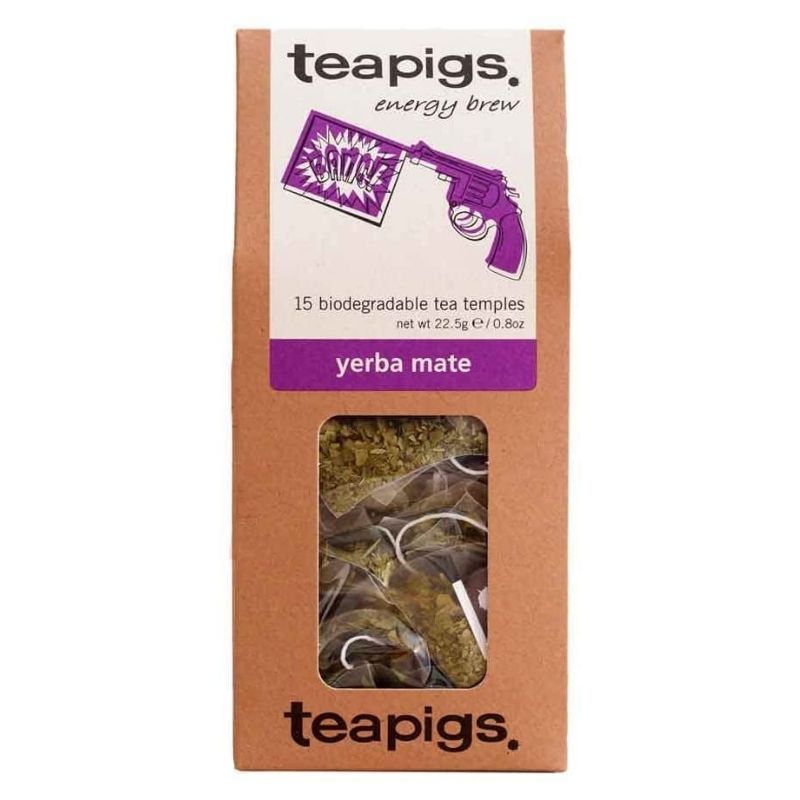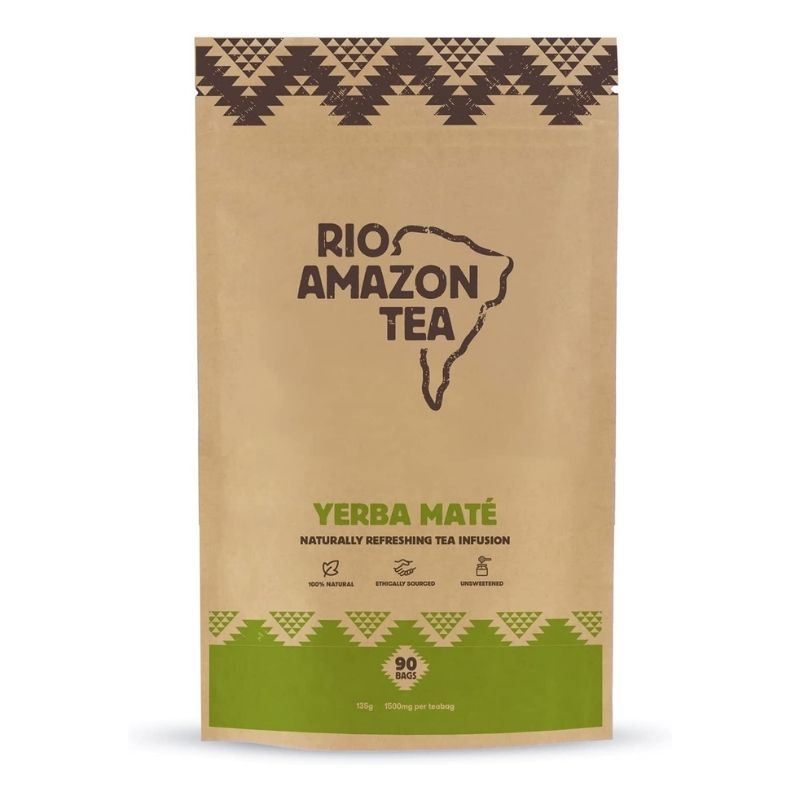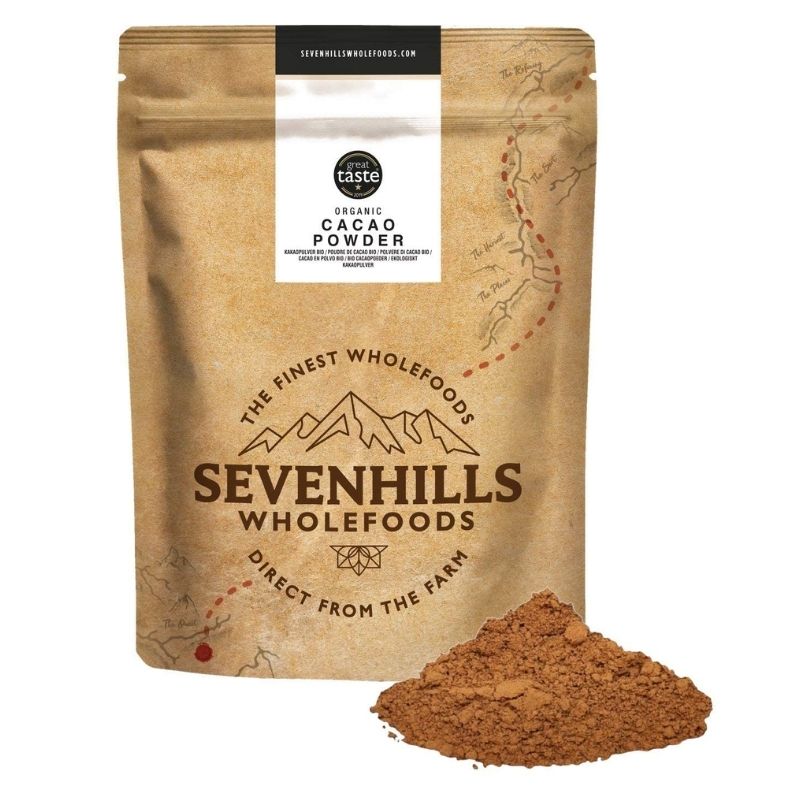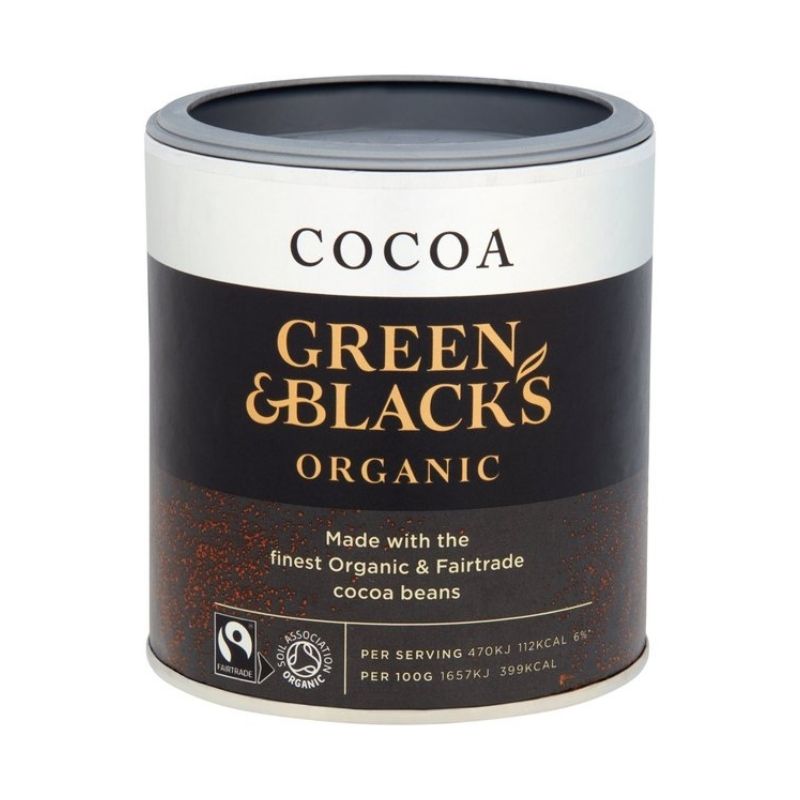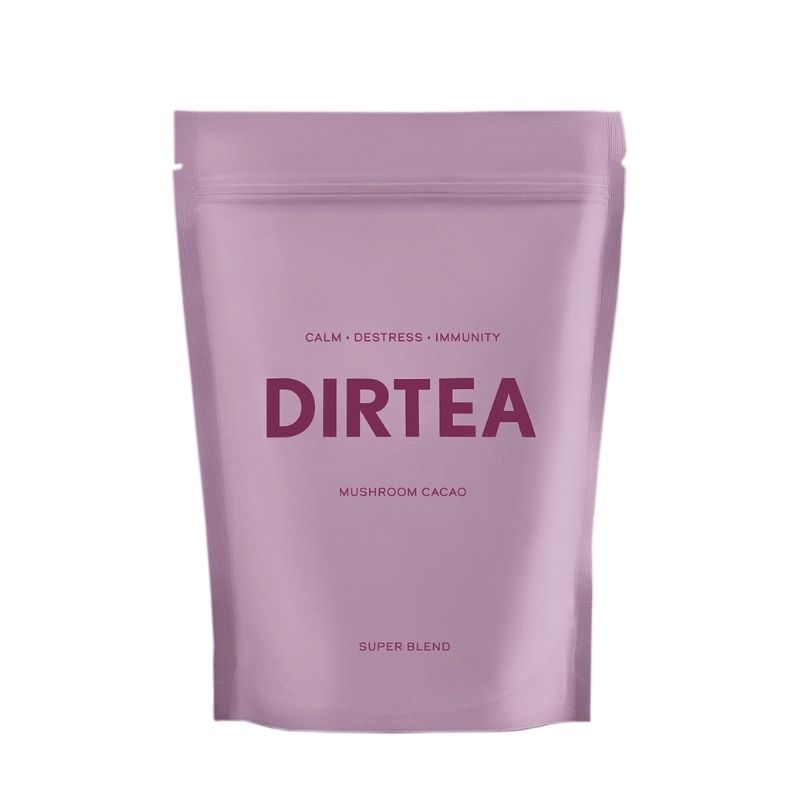Healthy alternatives to coffee for those looking to cut back and try something new
These healthy alternatives to coffee can help you reduce your intake or give up the beans completely
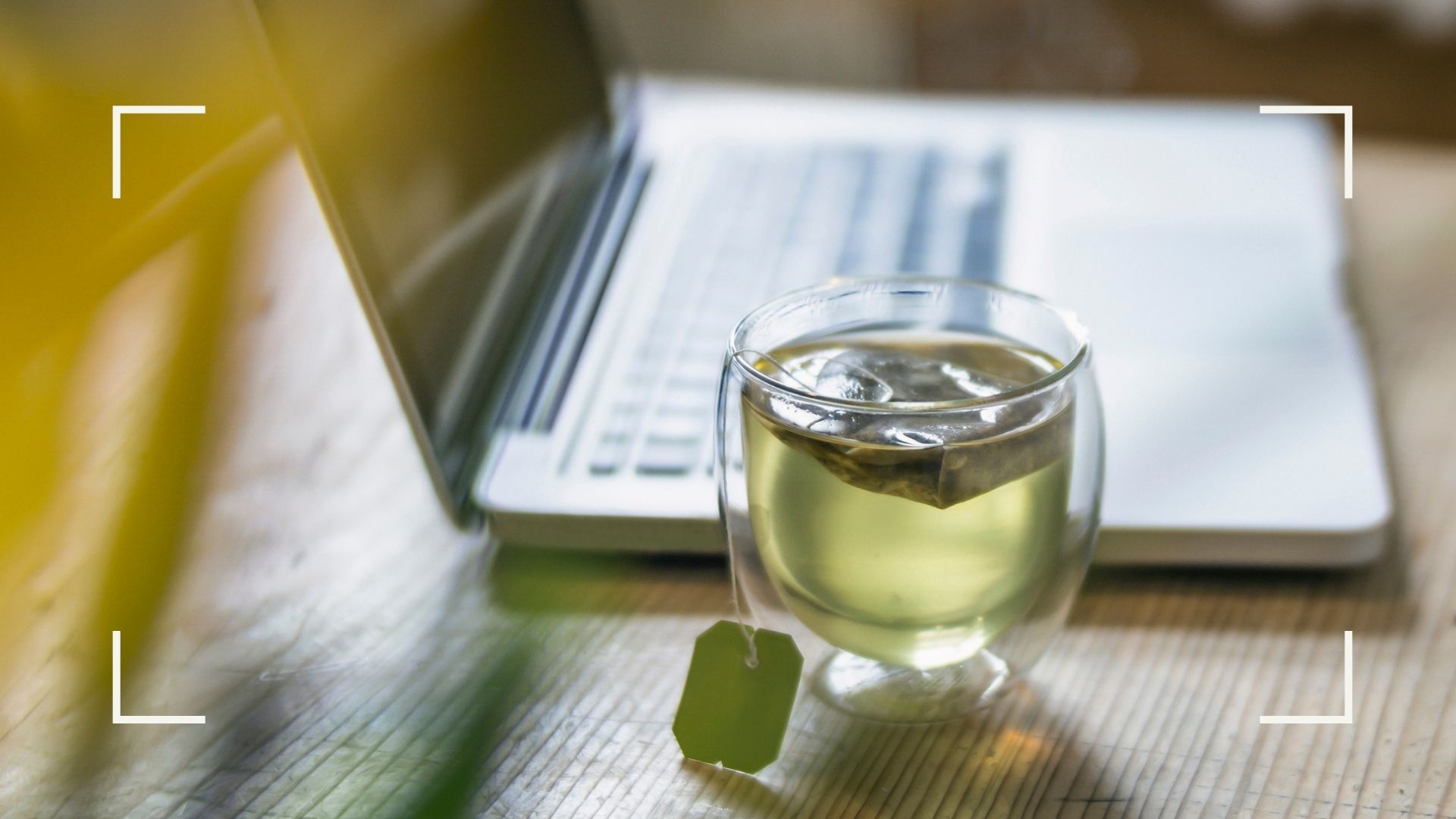

Healthy alternatives to coffee don’t have to be the end of your relationship with java juice, but whether you’re looking to cut back due to health reasons or just looking to try something new, there are plenty of good options out there.
While completely fine in moderation, it’s always worth thinking about whether your relationship with caffeine—and coffee if you’re a big drinker—is healthy. It’s a hugely popular beverage, enjoyed by millions around the world, and a staple in so many social events. But by taking it out of your life for a bit or reducing your intake, and swapping it for something else equally as delicious, you can see how reliant you are on the world’s most-loved wake-up call.
From traditional alternatives to some of the biggest coffee trends right now, staying awake doesn’t have to come from a cup of coffee, according to these nutritional experts and leading scientists.
Healthy alternatives to coffee
1. Decaf coffee
If you love coffee but find yourself wondering 'how much caffeine is too much' regularly, you can replace most coffee with decaf, explains Dr Greg potter, chief science officer at Resilient Nutrition. “If you do this, you can slowly replace your caffeine intake over time,” he says. “For instance, have three caffeinated coffees and one decaf at first, then two and two, then one and three, and so on.”
When it comes to choosing your decaffeinated coffee, Dr Potter says, pick ones that are decaffeinated using a water process. “The reason is that lots of decaf coffees are decaffeinated using chemical solvents that can spoil the taste of coffee and might not be great for your health if consumed frequently.”
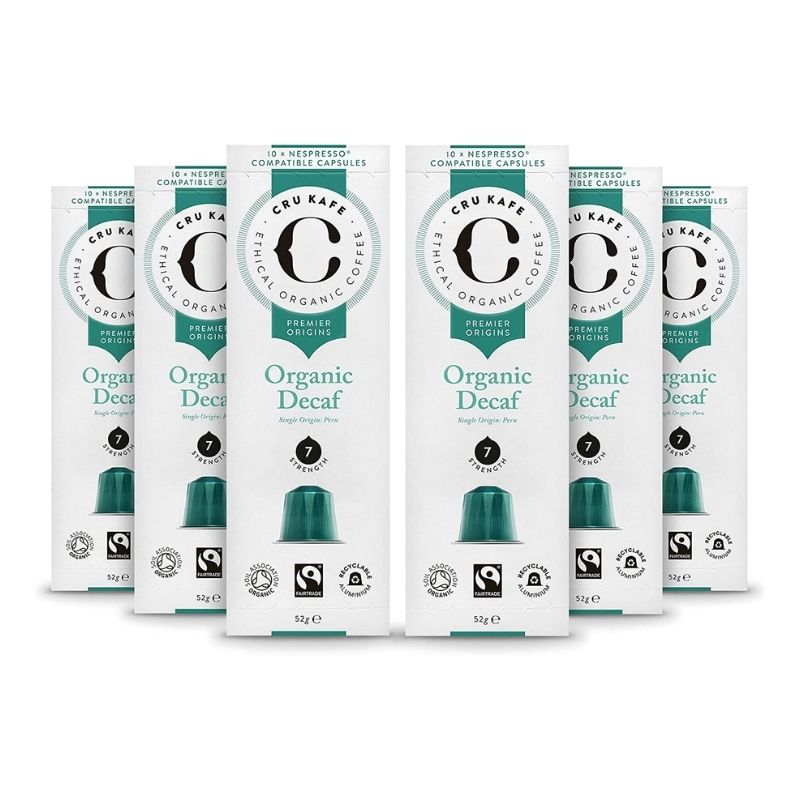
Decaffeinated using natural CO2 and water, this is the way to enjoy decaf coffee if you have a good pick of one of the best coffee machines at home.
2. Matcha tea
For Rachel Clarkson, a Doctify-reviewed dietician and nutritionist, and the founder of The DNA Dietitian, Matcha tea is the go-to for those looking to cut back on coffee.
“Matcha tea is made with green tea leaves that are finely milled and added to the drink, compared to regular green tea which is made by brewing the leaves. The fact that matcha tea is made with the whole green tea leaf means it has a much higher concentration of antioxidants and other health components, like L-theanine which helps to improve sleep and reduce stress,” she says.
Sign up to our free daily email for the latest royal and entertainment news, interesting opinion, expert advice on styling and beauty trends, and no-nonsense guides to the health and wellness questions you want answered.
250ml of matcha green tea contains 40mg of caffeine, equivalent to half an espresso shot.
3. Green tea
Josie Porter, a fellow Doctify-reviewed dietitian at The Dietitian Method, also recommends matcha tea but says, “Better yet, try a cup of green tea.”
“The beverage still contains caffeine but it’s much less than its matcha counterpart,” she explains. “This is because tea is brewed, while matcha drinks involve the consumption of the whole leaf. Green tea also contains fewer calories, as this is made without milk.”
Green tea extract is included in many popular health drinks, including greens powders, but the most budget-friendly way to have it is with a classic tea bag. But no matter which one you go for, each contains powerful flavonoids. “These act like antioxidants to improve inflammation and protect our cells from damage,” Josie says. “These also serve as fuel for the microbes living in our large intestine, which may help to support our gut health and immune function.”
Green tea is also the one to go for if you’re looking to cut back on coffee due to digestive issues. “It contains roughly half the amount of caffeine as coffee, so it’s less likely to upset your gut but will still help you to feel more alert,” Dr Claire Shortt, nutritionist and lead scientist at Food Marble, explains.
“It also contains a natural relaxant called L-theanine, so rather than your drink of choice increasing feelings of anxiety, it can help you feel calm and focused,” she adds. “And if you suffer from IBS, you could also try a combination of green tea and peppermint. Peppermint is widely studied for its soothing effects on the gut and has also been shown to reduce abdominal pain and bloating.”
250ml of green tea contains about 35mg of caffeine, depending on how you brew it.
4. Black tea
For those looking for something a touch stronger, Rachel says that black tea is a good one to go for.
“Regular black tea is a great swap for coffee as it contains slightly less caffeine for those who don’t need a massive caffeine kick. It also contains powerful polyphenols, which are compounds with antioxidant properties,” she says.
250ml of black tea contains 50mg of caffeine.
5. Yerba Mate tea
And if you’re looking for something even stronger still, there’s Yerba Mate. This is a herbal tea and a traditional brew in Southern South America. Extracted from the Ilex paraguariensis tree, it packs a real punch.
“It’s comparable to the caffeine in a shot of espresso,” Rachel says, “However, it has many other health benefits, specifically for those looking to lose weight. Studies from Konyang University show that Yerba Mate tea can support weight loss by reducing appetite in some cases.”
“Additionally, this tea has anti-inflammatory and antioxidant properties,” she adds.
250ml of Yerba Mate tea contains 80mg of caffeine.
6. Cocoa
Another one of the great alternatives to caffeine Dr Potter recommends is cocoa. “Cocoa contains a small amount of caffeine and is terrific for many dimensions of wellbeing and performance, including heart health and memory,” he says. “This is especially true of flavanol-rich cocoa.”
And when choosing your drink, “go for cocoa from Africa, which tends to contain less of the tox cadmium than cocoa from Latin America.”
Coming in on the lower end of the caffeine spectrum, there’s roughly 12.4mg of caffeine in a tbsp of cocoa. So if you use two tablespoons as is standard, you’ll get around 25mg of caffeine.
7. Smoothie
If you drink coffee for the perks rather than the taste, Eve Kalinik, nutritional therapist and gut health specialist for KÄLLA Probiotics, recommends ditching the teas and coffees entirely and opting for a smoothie instead.
“Rather than your usual cup of coffee, why not try making a smoothie packed with anti-stress ingredients,” she says. “This could include pear and avocado as they provide stress supportive vitamins and minerals, such as pantothenic acid, magnesium and vitamins C, A & E. Or blueberries, which contain anthocyanin, which supports our cognitive health.”
She adds, “Almond butter and hemp hearts also help to produce serotonin and support the mind-gut connection.”
8. Taking a brisk walk
“The best way to increase energy levels in the day is to take a brisk 10-minute walk outside and stay well hydrated with water,” says Dr Federica Amati Ph.D., registered nutritionist and chief nutrition scientist for Indi Supplements.
And numerous studies agree. Exercise has generally been found to be a real energy booster for many people, including those with various medical conditions like chronic fatigue syndrome (CFS), according to the Norwegian Institute of Public Health and the University of Wisconsin-Madison, among others.
This is thought to be because as you move around, your heart pumps more blood around the body, which delivers more oxygen to your working muscles. When you exercise regularly, your heart becomes more efficient at moving the oxygen around in your blood. This in turn is bound to make you feel less tired, as your muscles gradually become more efficient in conserving energy for movement, according to the American Lung Association.
Is coffee healthy?
It depends on what you mean by healthy, as most food and drink products are fine in moderation as part of a balanced diet. But while many are concerned about the effects of coffee and long-term drinking on the body, evidence suggests that coffee is quite healthy for you.
The biggest health benefits come with coffee’s natural performance-enhancing ability. Whether that’s staying awake for longer or overall athletic performance, coffee is just as effective as any other stimulant.
A study from São Paulo State University found, for instance, that consuming caffeine increased the time it took for participants to become exhausted during a workout by 12%. While another study from Auburn University had similar discoveries and also found that consuming caffeine before and during a round of golf increased the subjects’ energy levels, and reduced overall feelings of fatigue.
While recently, much attention has been given to the possibility that two to three cups of coffee could significantly reduce the risk of heart disease. Researchers in association with the Baker Heart and Diabetes Institute reviewed patients over 10 years, looking at half a million people’s various levels of coffee consumption. Ranging from less than a cup a day to over six cups, the patients who drank between two and three cups were found to be 10% to 15% less likely to suffer from coronary heart disease, heart failure, or arrhythmias.
Some people will naturally have adverse reactions to it though. “Caffeine has a stimulating effect on the brain, something that may also be true for the digestive tract,” says Dr Shortt. “An increase in contractions in the digestive tract may be why many observational studies from Monash University have stated that consuming a cup of coffee may bring on an urgent need for a bowel movement.”
Coffee also has the potential to trigger acid reflux or heartburn as well. “This is a burning sensation in the chest caused by stomach acid traveling up towards the throat,” Dr Shortt says. “That being said, while some people have reported that coffee may aggravate heartburn symptoms, the research is inconclusive.”
Drinking too much coffee has the potential to bring on feelings of anxiety in some people as well, she says, particularly those who are sensitive to caffeine. “The stimulating effect of caffeine on the brain can induce feelings of anxiety or interrupt sleep, both of which can worsen your digestive symptoms.”

Grace Walsh is woman&home's Health Channel Editor, working across the areas of fitness, nutrition, sleep, mental health, relationships, and sex. She is also a qualified fitness instructor. In 2025, she will be taking on her third marathon in Brighton, completing her first ultra marathon, and qualifying as a certified personal trainer and nutrition coach.
A digital journalist with over seven years experience as a writer and editor for UK publications, Grace has covered (almost) everything in the world of health and wellbeing with bylines in Cosmopolitan, Red, The i Paper, GoodtoKnow, and more.
